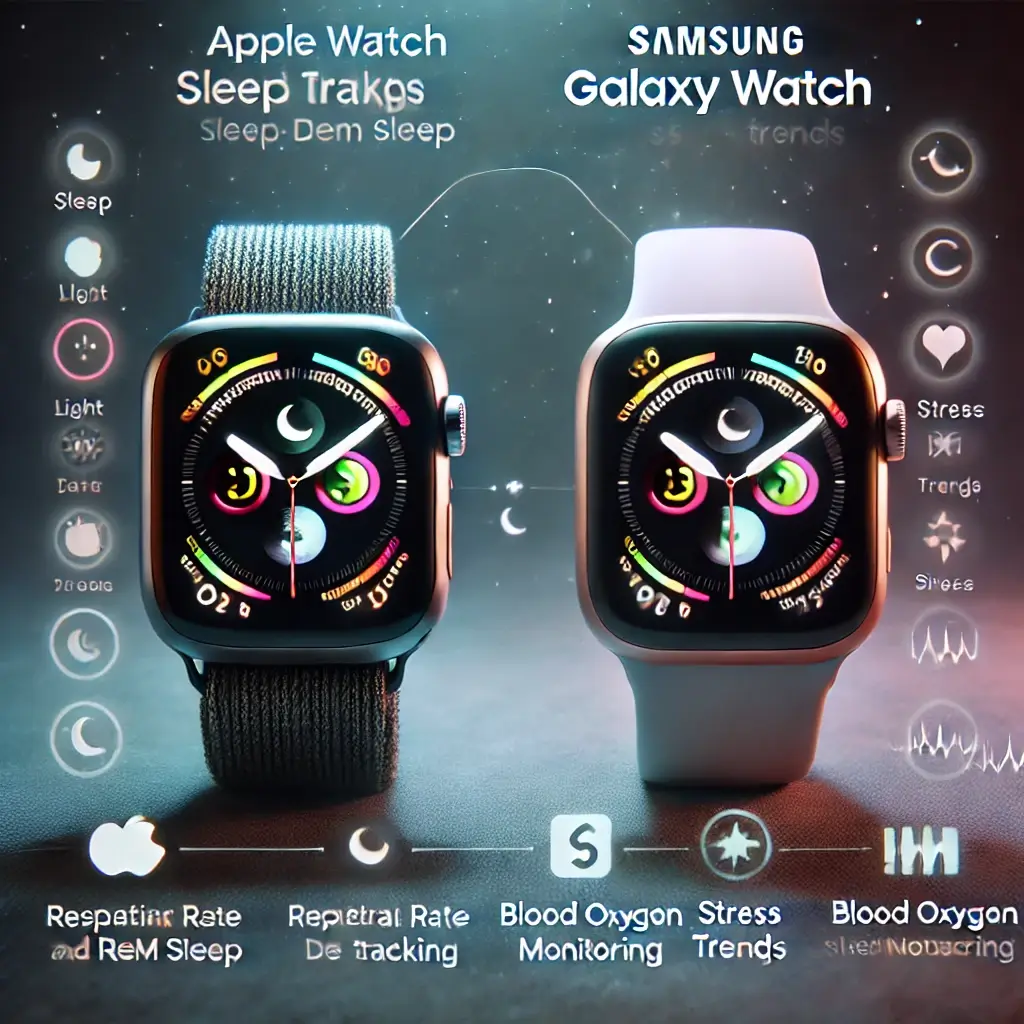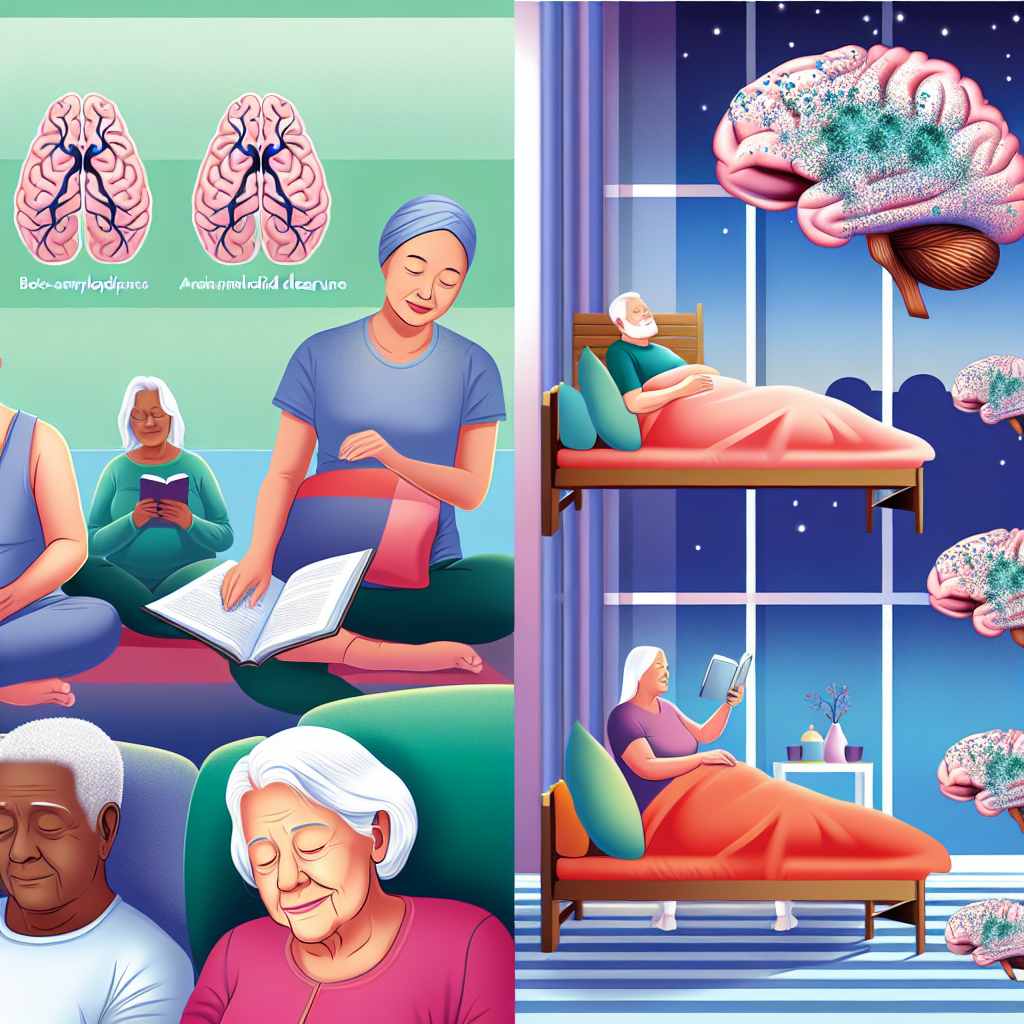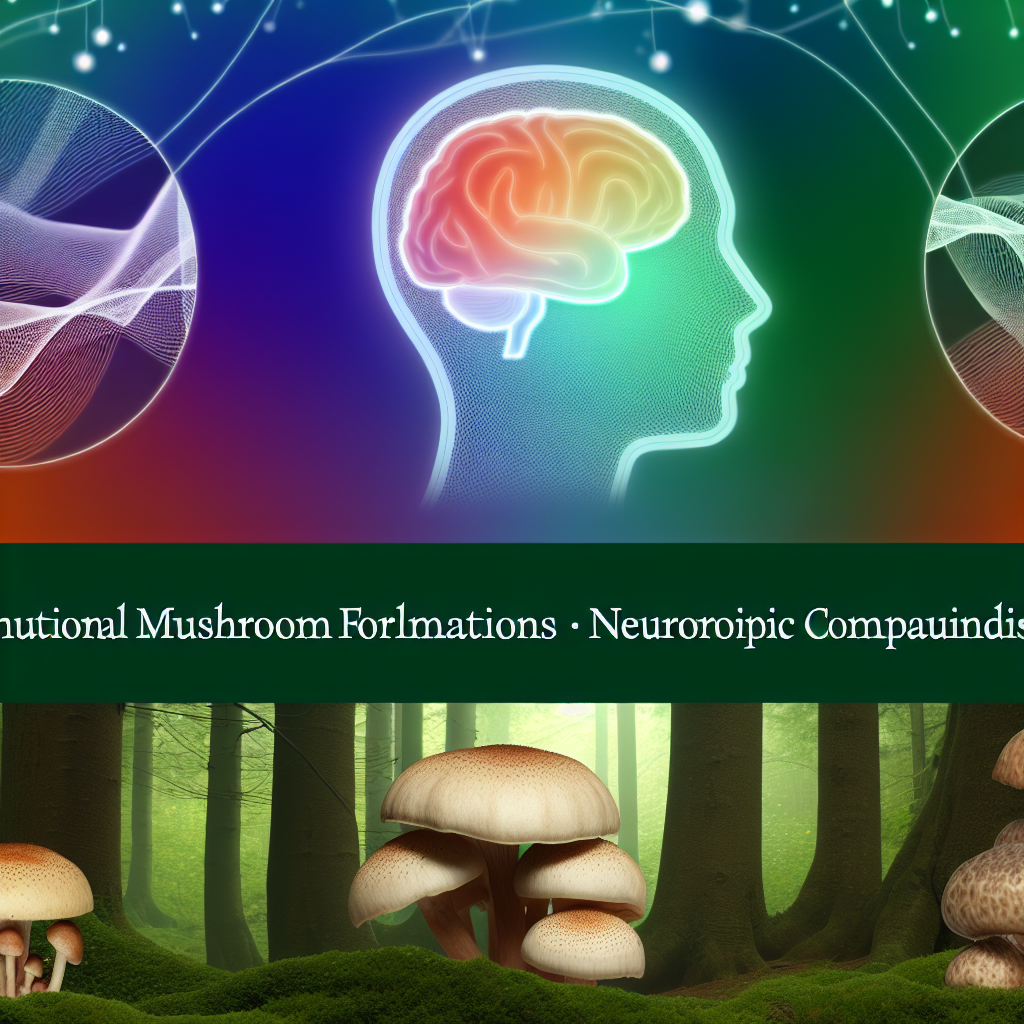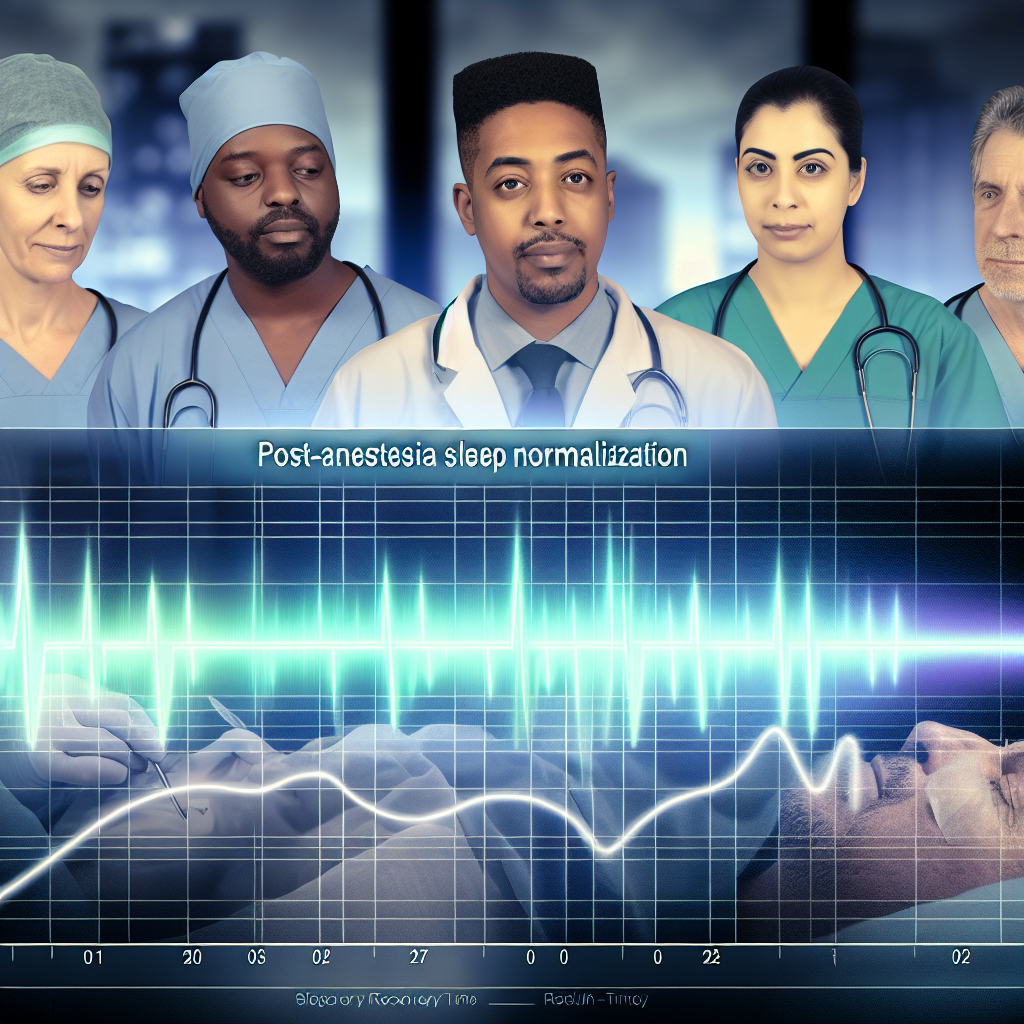Understanding the Importance of Sleep Health
Sleep is the cornerstone of good health. It influences everything from cognitive function to physical vitality and emotional well-being. Despite its importance, millions struggle to get enough restful sleep due to stress, poor sleep habits, or health conditions. Enter sleep tracking technology breakthrough that helps bridge the gap between awareness and actionable improvement.
Smartwatch Revolution in Sleep Tracking
Smartwatches like the Apple Watch and Samsung Galaxy Watch have revolutionized how we track our health. These wearables provide detailed insights into sleep cycles, moving beyond the limitations of traditional tracking methods like journaling or basic fitness bands. But with both devices offering advanced features, the question arises: which one better caters to your sleep health needs? By examining their offerings, supported by scientific evidence, we can uncover their strengths and potential limitations.
Comparing Sleep Tracking Features
Both devices boast features designed to monitor and enhance sleep quality. Here’s a breakdown:
Apple Watch Features
Native Sleep App: Tracks sleep duration and sleep stages (light, deep, and REM) using motion sensors.
Respiratory Rate Tracking: Available in Series 5 and later models, this measures breaths per minute to flag potential disruptions.
Sleep Trends: The Health app integrates sleep data, showing trends over time for long-term insights.
Sleep Scheduling: Bedtime reminders and wake alarms promote consistent sleep routines.
Samsung Galaxy Watch Features
Samsung Health App: Offers detailed tracking of sleep stages and quality using motion sensors and heart rate.
Blood Oxygen Monitoring: Helps identify potential signs of sleep apnea in select models.
Stress Tracking: Analyzes daytime stress and its potential impact on sleep.
Personalized Sleep Coaching: Provides tailored tips for improving sleep patterns based on tracked data.
Scientific Research on Sleep Tracker Accuracy
Scientific scrutiny has consistently emphasized that while wearables offer valuable insights, they are not perfect replacements for clinical-grade sleep monitoring tools like polysomnography. Two notable studies highlight this:
Key Research Findings
Nature and Science of Sleep (2020): Researchers compared several wearables, including Apple and Samsung devices, finding that while both provided accurate sleep duration estimates, their ability to detect deep sleep was limited (Joo et al., 2020).
Sensors (2021): This study investigated sleep stage classification across various devices. It confirmed that both watches performed adequately for REM and light sleep stages but lacked precision for deep sleep analysis, stressing the need for improved algorithms (He et al., 2021).
Choosing the Right Device
When deciding between these two devices, factors beyond sleep tracking may influence your choice:
Compatibility: Apple Watch integrates seamlessly with iPhones, while Samsung Galaxy Watch favors Android devices.
Battery Life: The Samsung Galaxy Watch often outlasts Apple Watch models, minimizing disruptions to overnight tracking.
Additional Features: Blood oxygen and stress monitoring capabilities on Samsung may appeal to users prioritizing holistic health data, while Apple’s focus on integration and usability caters to ecosystem loyalists.
Comfort: Since sleep tracking requires wearing the watch overnight, comfort and design should not be overlooked.
Final Thoughts on Sleep Tracking Technology
The Apple Watch and Samsung Galaxy Watch both excel in making sleep tracking accessible and actionable. Whether you’re looking for detailed metrics, personalized coaching, or seamless integration with your existing devices, either watch can meet your needs with a mix of accuracy and convenience. However, neither replaces the gold standard of clinical sleep studies, so their data should complement, not replace, professional advice.
Essential Sleep Health Pract
ices
Regardless of the device you choose, remember that improving sleep health starts with basics: maintaining a consistent sleep schedule and restful environment, minimizing distractions, and creating a restful environment. With technology’s help and good sleep hygiene, you’re well on your way to achieving restorative sleep.
Research References
Joo, S. H., Kim, J. H., Park, Y. B., & Jeon, S. Y. (2020). Accuracy of wearable devices in sleep quality measurement. Nature and Science of Sleep, 12, 1031.
He, S., Sun, Y., & Kang, J. (2021). A survey of sleep stage classification in wearable devices. Sensors, 21(12), 4254.

Dominic E. is a passionate filmmaker navigating the exciting intersection of art and science. By day, he delves into the complexities of the human body as a full-time medical writer, meticulously translating intricate medical concepts into accessible and engaging narratives. By night, he explores the boundless realm of cinematic storytelling, crafting narratives that evoke emotion and challenge perspectives.
Film Student and Full-time Medical Writer for ContentVendor.com




